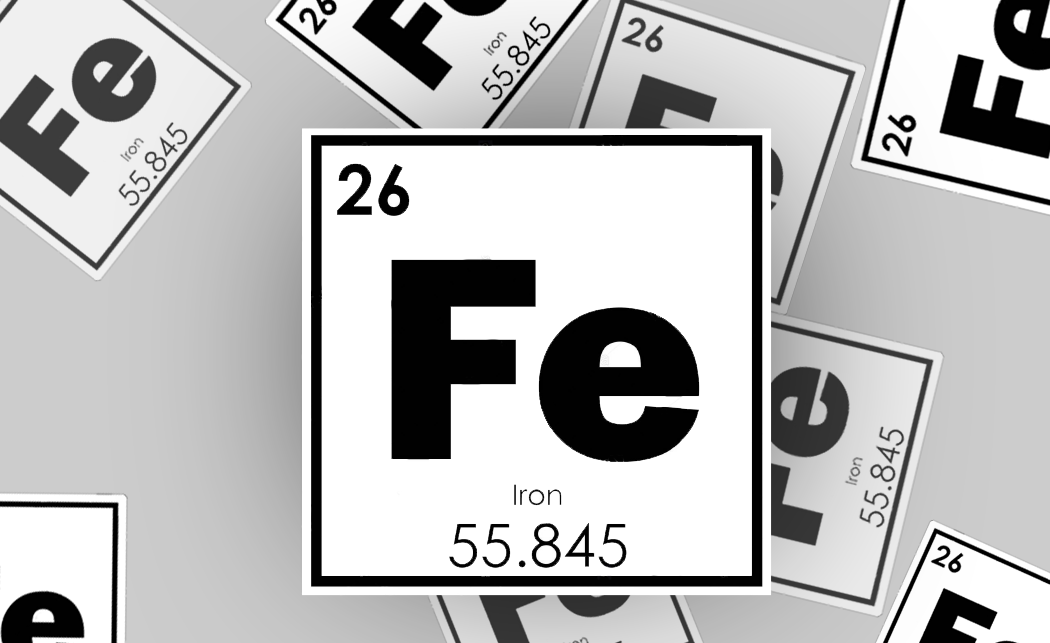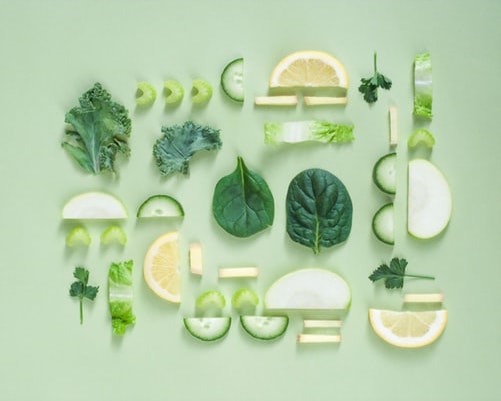Today in our Blog, we decided to give the floor to Stéphanie Bartczak, also known as La Veganista.
A specialist in plant-based cuisine, she is also the author of the cookbook “Vegan step by step” which aims to introduce you to easy-to-make recipes and key products of modern cuisine. His educational approach appealed to us and we gave him the floor to answer the 3 questions we answer most often!
So, you are vegetarian or vegan and you are wondering about your nutritional intake: what is vitamin B12 ?
In what form should I take it? And in what quantity?
Which molecule for your vegan vitamin B12 : Cyanocobalamin or methylcobalamin ?
In this article, we provide all the answers to your questions .
1. In what foods can we find vitamin B12?
The plant kingdom provides our body with all the nutrients necessary for its good constitution.
The American Dietetic Association has also been positioning itself, for several years, in favor of a vegan diet as being the best for optimal health. Since then, other countries have converged in this direction: Great Britain, Canada and Portugal.
This general rule nevertheless requires some special attention with regard to certain critical nutrients and vitamin B12 comes at the top of these concerns.
Today, there are no plant foods that still naturally contain sufficient vitamin B12 .
Indeed, this vitamin, resulting from the bacterial activity of our soils, was once widely present in our fruits and vegetables covered in soil.
Consuming them was then enough to provide us with the quantity of vitamin B12 necessary for our needs.
The strict health rules which guarantee consumers products free from harmful bacteria also eliminate this possible source of vitamin B12.
To avoid a possible vitamin B12 deficiency , vegetarians and vegans must supplement themselves, either with products enriched with vitamin B12 ( malted yeast, breakfast cereals, margarine, etc. ) or with food supplements rich in vitamin B12 .
Let us point out here that it would be wrong to believe that meat naturally contains vitamin B12, which would exempt so-called omnivores from taking supplements.
With the exception of ruminants which have the capacity to synthesize their own vitamin B12 in their digestive system, livestock also have a diet enriched with vitamin B12 for their own growth and their meat is generally very poor in B12 ( you would have to consume 2kg of chicken meat to cover daily needs!).
2. What is vitamin B12 used for?
Vitamin B12 is essential:
- For our nervous balance and the formation of our red blood cells.
- For growth (fetuses, children, adolescents) and cell renewal. A vitamin B12 deficiency accelerates cellular aging.
Making sure you consume enough of it is therefore vital, primarily for vegans and vegetarians, but also for diabetics treated with metformin and flexitarians. ( Metformin disrupts the absorption of vitamin B12 ).
The doses recommended by the international vegan community are 2000µg per week while the health authorities have set the maximum weekly quantity at 5000µg, vitamin B12 having no toxic dose , no side effects but total safety approved by the WHO (the World Health Organization).
However, this overconsumption of vitamin would only be a useless waste, the recommendation of 2000µg per week guaranteeing optimal intakes.
The discovery of the origin of vitamin B12, induced by the activity of useful bacteria, allows us today to meet our needs while doing without animal products.
3. Choose your vitamin B12: Cyanocobalamin or methylcobalamin?
There are several forms of vitamin B12: cyanocobalamin, methylcobalamin, hydroxocobalamin and adenosylcobalamin .
The last three are produced from pure cyanocobalamin to which chemical modifications are made. It is therefore possible to find vitamin B12 commercially in the form of cyanocobalamin, sublingual methylcobalamin or injectable methylcobalamin.
However, Argalys (and the vegan federation) believe that it is more relevant to opt for vitamin B12 in its raw and unmodified form , namely: cyanocobalamin, especially since it is the most stable molecule in time, an important detail because the packaging offered often allows a very long duration of use of the product (in the case of Argalys Essentiels and the Vitamin B12 + Iodine and Selenium supplement: 30 to 60 weeks per pill box, with additional contributions of Iodine and Selenium, two minerals also frequently deficient in plant-based diets).
4. In conclusion:
- For Vegetarians, vegans: above all no dead end, taking vitamin B12 supplements is essential , obligatory at all ages
- There is no risk of overdose of vitamin B12 and the body knows how to store it in small quantities: high doses spaced apart (3 days, a week) can simplify taking it.
- Flexitarians, diabetics, seniors: many cases require regular vitamin B12 intake, a timely check of the blood level can be a wise precaution.
Thanks to Stéphanie Bartczak for spending time with us. If you want to find out more about his news and training, go to his website: La Veganista .
 04 74 03 98 80
04 74 03 98 80









